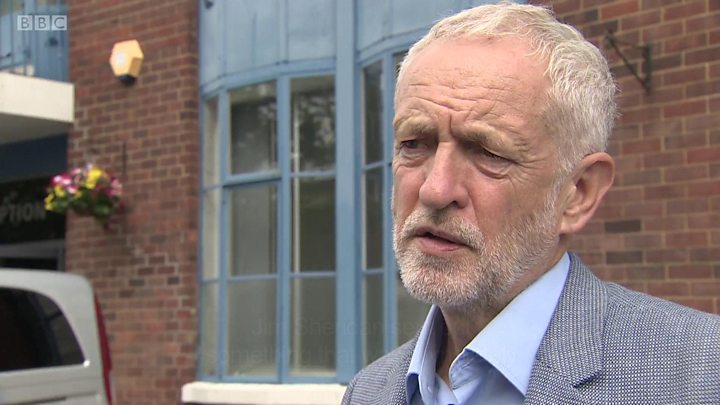Australia/Israel Review
The Last Word: Pernicious, Pervasive and Poisonous
Aug 30, 2018 | Jeremy Jones

Meeting with a prominent federal politician some years ago, I was taken aback at her apparent need to reassure me that she was not antisemitic.
The bigger shock was when she then informed me of her observations of the antisemitism she had seen within her own, left of centre, political party over a number of years.
I was meeting her as part of a series of discussions with Australian opinion leaders on the subject of anti-Jewish activity in Australia and appropriate responses to its varied manifestations.
The motivation for these conversations was concern within the Jewish community at the lack of public condemnations of antisemitism when many Jewish community members felt not only intimidated but abandoned.
The theory was that we did not want to have a situation where good people would not take good actions simply because they were unaware of what we faced.
Politicians, government officials, religious figures, vice-regal office bearers and civil society leaders alike had listened to my presentations. After often frank discussions, they universally agreed that an important weapon in the fight against bigotry and prejudice was high profile advocacy of a series of values, including opposition to all forms of racism and discrimination.
What was interesting is that the most defensive attitude I encountered came from individuals who would have been regarded publicly and by the Jewish community as anything but facilitators of antisemitism, such as prominent members of centre-left political groupings.
What I was hearing from them was that, behind closed doors, attitudes which were more identified with far-right racists were not uncommon and that these were to a degree validated by obsessive anti-Israel monomania – and by others quite happy to treat Jews as political footballs.
The centre-right political leadership, on the other hand, had no hesitation in agreeing that racism and antisemitism undermined liberal democratic, as well as conservative, values.
In subsequent years there has been much to indicate that the situation with regards to racism and condemnation of antisemitism has deteriorated on both sides of the political divide.
The failure of a number of political leaders to take strong, consistent and principled positions against racism is a matter which has been canvassed widely elsewhere, including by Jewish communal leadership. I will also not now address the issue of the way in which Jews, Israel and antisemitism have been incorporated in some of this discussion, although it gives reason for serious concern. On the issue of antisemitism and condemnation of it, the best one can say is that there is a mixed picture.
Far too often we have seen a free pass being given to members of racial and religious minority groups, when their antisemitism is projected, and subsequently protected, as a part of their cultural identity.
We also had the unedifying episode of a leading “anti-racist” voice identifying himself as neutral in one episode involving vilification of Jewish targets.
We are witnessing, in the United Kingdom, a series of revelations as to how pernicious, pervasive and poisonous antisemitism found a place even amongst senior echelons of the UK Labour Party.
Jeremy Corbyn, as that country’s alternate prime minister, has had his actions examined most closely. Yet there is little reason to doubt the observation by his Labour colleagues that regardless of whether he himself is antisemitic, many of his supporters and a number of people very close to him personally are bigots, cynics, racists or a combination of all three.
A number of commentators have concluded that Corbyn’s problems stem from his ideological positions.
Meanwhile in Australia, a former Labor politician who few ever accused of holding principles has been promoting an idiosyncratic reflection on his political life in a way which will definitely reinforce, if not incite, anti-Jewish antagonism. While there is little to suggest his former colleagues share his attitudes and many privately condemn them, the public silence on his ugly claims has been overwhelming.
Not caring about expressions of antisemitism can sometimes be almost as bad as sharing expressions of antisemitism.
Tags: Antisemitism, Australasia, Australia, United Kingdom






